Soda Lover? Here’s What Your Habit Is Doing to Your Body
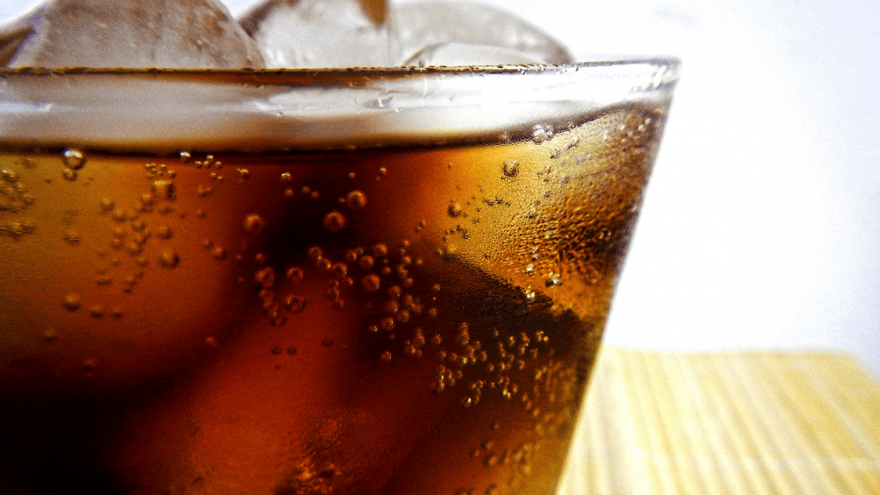
While the overall demand for carbonated soft drinks is reported to slowly, but surely decrease in the U.S., the global demand for this fizzy thirst quencher is still staggering. And while many individuals are starting to reach for healthier alternatives, thousands upon thousands of soda consumers are struggling to kick the habit.
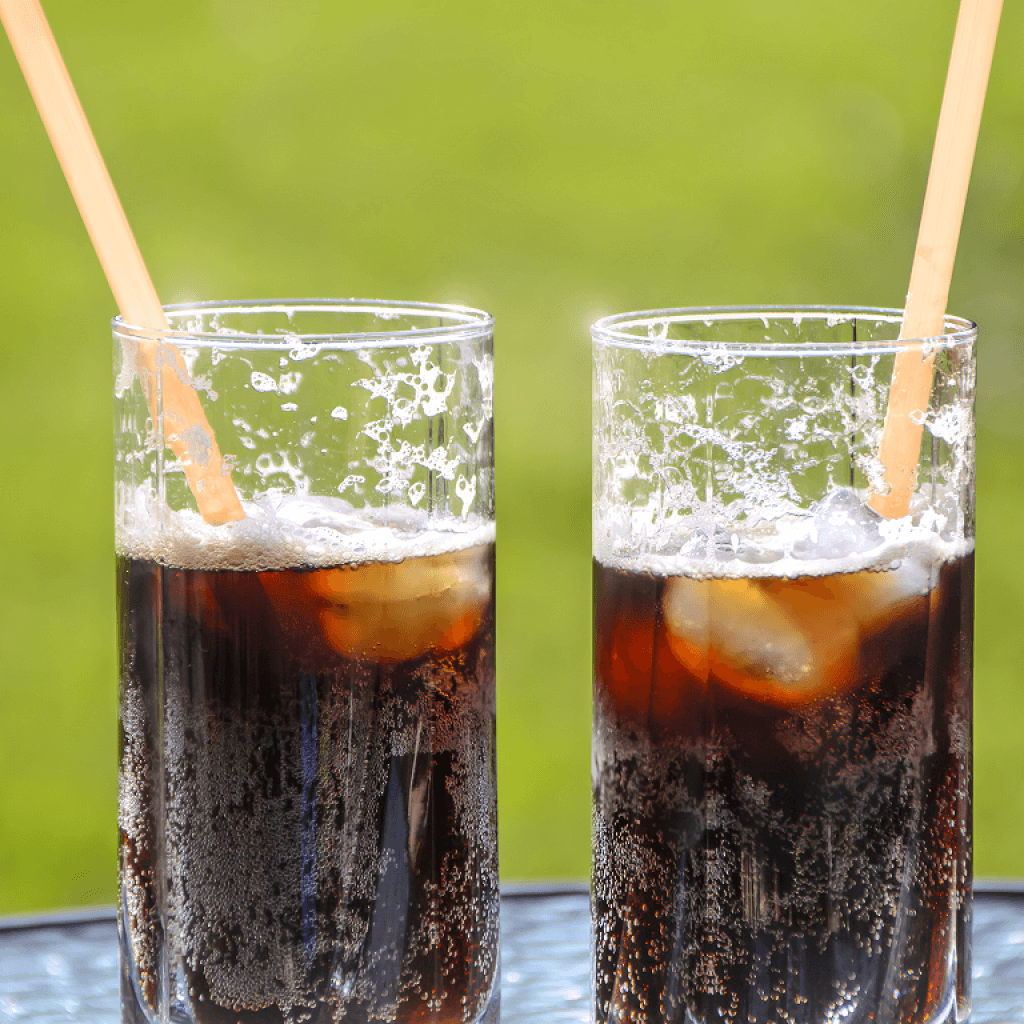
Are you one of them? Do you need some extra motivation to turn to a healthier way of fueling and hydrating your body? Here’s a short summary of both the obvious and lesser known impacts of soft drink consumption on your body.
Soda Consumption May Contribute to Packing on Unwanted Pounds
Regular soda contains a lot of empty calories. In fact, a 20-ounce bottle can contain up to 250 calories and 16 teaspoons of sugar. Shocking, right? As is the fact that it will take a 50 minute run to burn off the energy from just one such bottle of soda if you’re a 110-pound adolescent.
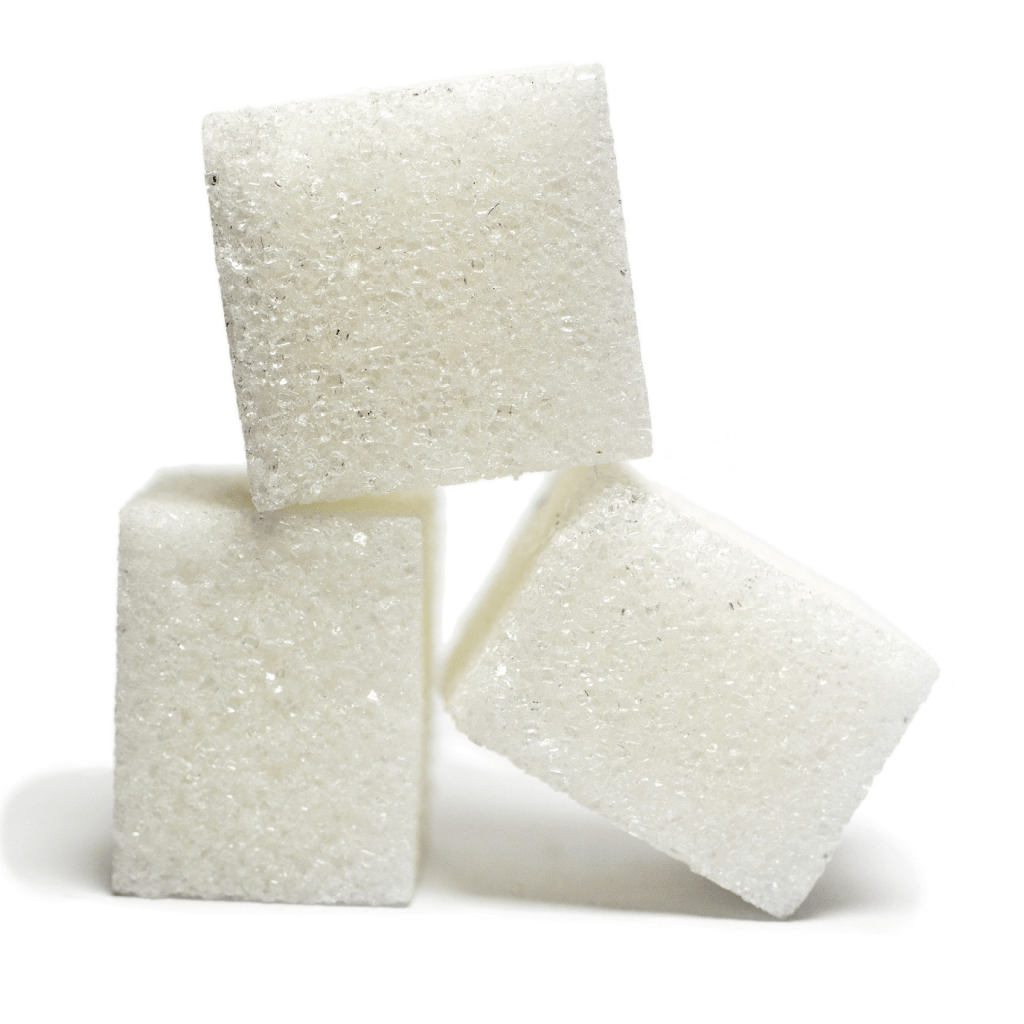
So does this mean that diet soda is a healthier option? Unfortunately not. In diet soda, sugar is replaced with artificial sweeteners, which have been shown to increase sweet cravings in a number of ways. So instead of curbing your caloric intake, diet soda may, in fact, have exactly the opposite effect by urging you to reach for more sweet stuff.
And it doesn’t stop there. The consumption of diet soda has also been linked to an increased risk of developing a number of diseases, including metabolic syndrome and Type II diabetes. And while the link between cancer and artificial sweeteners is still being debated, a number of experts believe that quality, long-term studies of higher-volume sweetener intake should be able to confirm it.
Soft Drink Consumption Messes with Your Sleep Cycles
A 2016 study by a team from the University of California found a link between the consumption of sugary, caffeinated drinks and not getting enough quality sleep. The study, which examined the sleeping and dietary habits of more than 18 000 adults, found that those who regularly slept five hours or less per night consumed on average 21% more caffeinated, sugar-sweetened drinks than those who slept seven to eight hours.
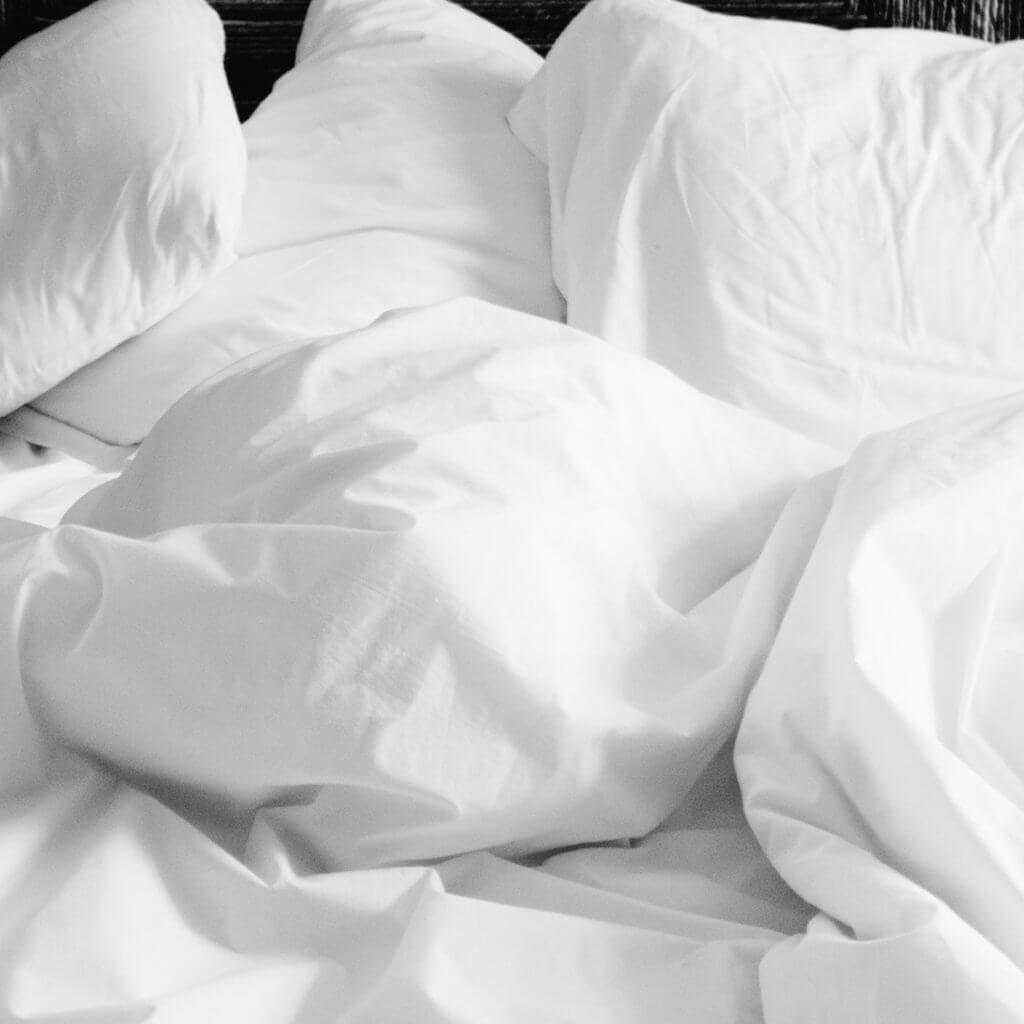
The study’s authors note that it hasn’t yet been confirmed if consuming regular soda causes people to sleep less, or whether sleep deprivation causes people to ingest more sugar and caffeine in order to stay awake. They do, however, suspect that both factors are at play, causing a positive feedback loop that makes it hard for individuals to kick their soda drinking habits.
Soda Consumption May Contribute to Lower Urinary Tract Symptoms in Both Men and Women
A 2013 study published in the American Journal of Epidemiology concluded that, in men, the consumption of more than one cup of regular soda per day led to the worsening of bladder voiding problems. These include a weak or hesitant urine stream and failure to completely empty the bladder.
In women, it was found that the consumption of caffeinated diet sodas, as well as an increase of soda consumption over time, both led to the development or worsening of bladder voiding symptoms.
Soft Drink Consumption May Cause Your Cells to Age at an Increased Rate
According to the findings of a 2014 study published in the American Journal of Public Health, the regular consumption of sugar-sweetened soda causes premature ageing of the white blood cells in a manner that is comparable to smoking. This, in turn, may influence the development of metabolic disease in soda drinkers.
The Short-Term Consequences of Fueling a Run with Soda
And while this gives a good indication of the longer term impacts of soda consumption on the human body, it is perhaps a good idea to have a quick look at the short-term impacts of soda consumption before a run too. According to Leslie Bonci, registered dietitian and board-certified sports dietetics specialist and nutritionist, carbonated beverages stay in our stomachs much longer than non-carbonated beverages would. So, instead of being easily absorbed in order to hydrate your muscles pre-run, a soft drink remains in your stomach, sloshing around and causing discomfort.
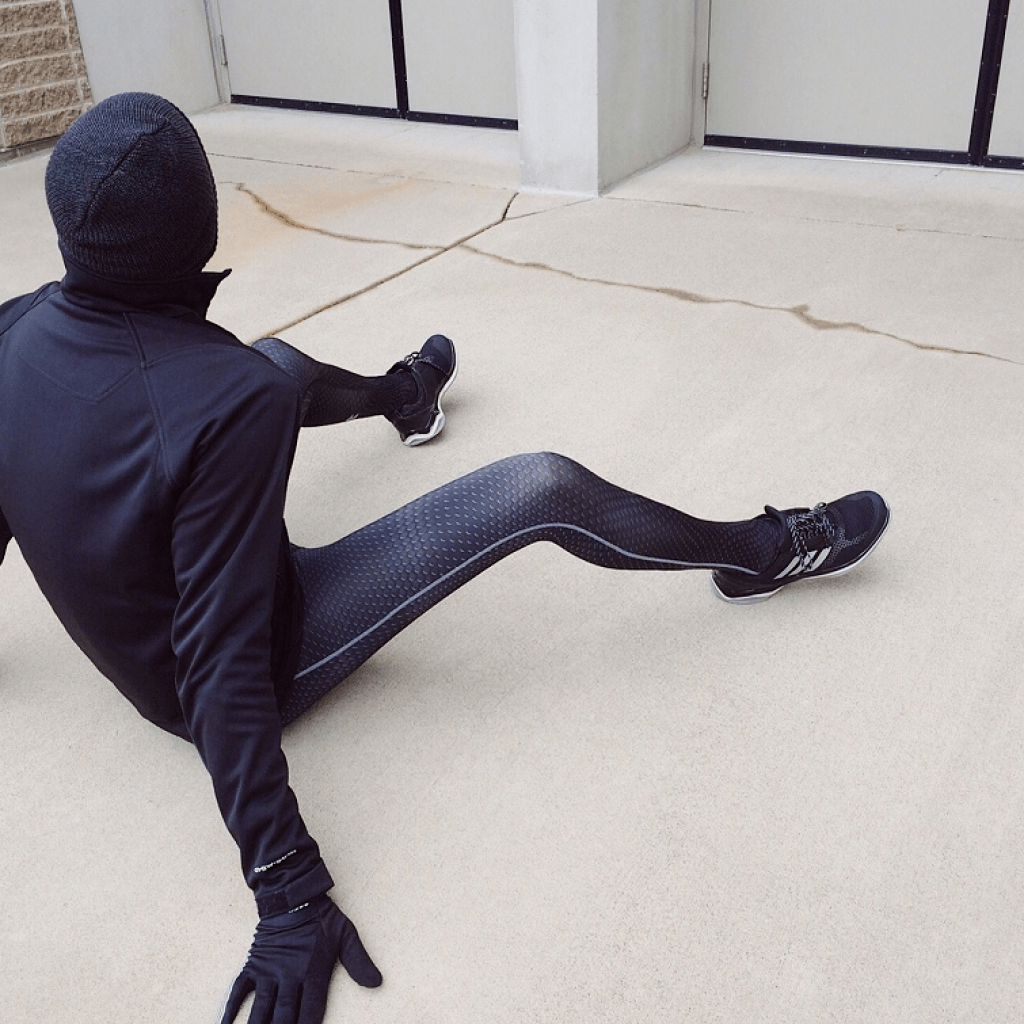
And how about refueling with a soda after a run? Sorry, but that’s not ideal either. When used as a recovery drink, soft drinks don’t rehydrate the muscles and body as quickly as non-carbonated fluids would. In fact, since it lingers in the stomach, it could leave you feeling too full to fill up on nutrient-rich foods and drinks within the body’s optimal recovery window. Which may ultimately negatively impact on your recovery.
Why Not Consume Fuel That Makes You Feel Good on Your Runs?
So while pinpointing the perfect fueling and hydration strategy for optimal functioning and athletic performance is a rather prickly issue, the following nugget of advice seems to be a good one. According to Bonci, there is no such thing as perfect fueling. Instead, she advises her clients to focus on consuming food and drinks that make them feel good on their runs.
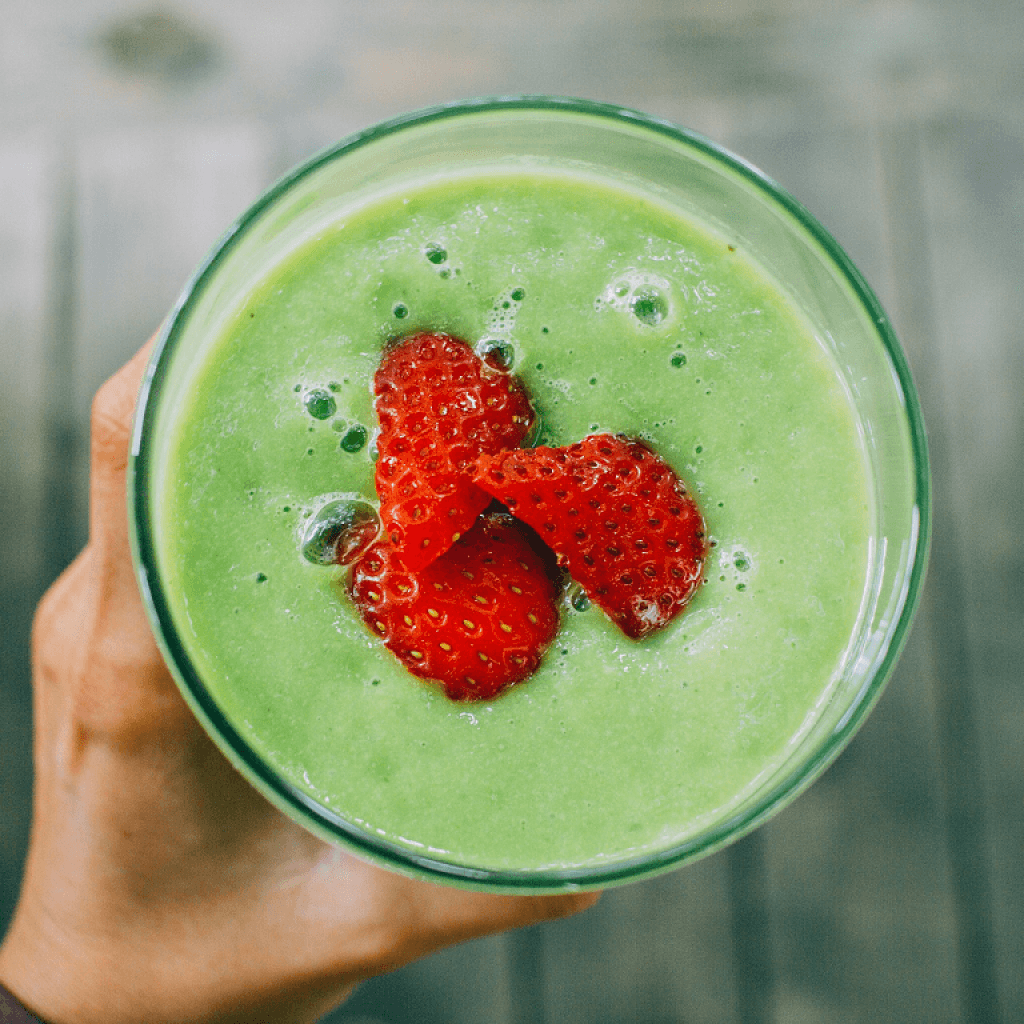
And while this may sound like the go-ahead for unlimited soft drink consumption, take a moment to really ponder her advice. Does a soda leave you feeling as energized, focused and nourished as, say, an all-natural green smoothie would? Both in running and in everyday life? Why not try starting your day off with the latter for a few weeks and then give an honest answer? (And if your palate rebels at first, pinch your nose and persevere. You’ll quickly acquire a taste for it – promise!) And why not try replacing your mid-afternoon soda fix with a good old jug of water or cold-pressed fruit and veggie juice for a couple of weeks? Maybe, just maybe, you’ll start feel so good inside and out that a can of soda will become the last thing you’ll want to reach for anyway.
Sources
- , The furnace: Can I drink soda pop?, Online publication
- , How long will it take to burn off that soda?, Online publication
- , I Quit Diet Soda for a Month. This Is What Happened, Online publication
- , About Your Soda Intake and Bathroom Trips, Online publication
- , Sugary Sodas Appear to Contribute to Aging, Online publication
- , Soft drinks and disease, Online publication
- , A high schooler's No. 1 goal for running nutrition, Online publication
- , Artificial sweeteners: Sugar-free, but at what cost?, Online publication
- , Gain weight by “going diet?” Artificial sweeteners and the neurobiology of sugar cravings, Scientific journal
- , Study Links Shorter Sleep and Sugar-Sweetened Drink Consumption, Online publication
- , Intake of Caffeinated, Carbonated, or Citrus Beverage Types and Development of Lower Urinary Tract Symptoms in Men and Women, Scientific journal
- , Soda and Cell Aging: Associations Between Sugar-Sweetened Beverage Consumption and Leukocyte Telomere Length in Healthy Adults From the National Health and Nutrition Examination Surveys, Scientific journal
- , Soda Consumption Falls to 30-Year Low In The U.S., Online publication
Latest Articles
 Is Running on a Treadmill Easier Than Running Outside?Runners have their own preferences, whether it is treadmill running, running outside on the road, or exploring trails. So...
Is Running on a Treadmill Easier Than Running Outside?Runners have their own preferences, whether it is treadmill running, running outside on the road, or exploring trails. So... Is It OK to Use Trail Running Shoes on the Road?While trail running shoes can be used on roads, especially in situations where a runner encounters mixed terrains or pref...
Is It OK to Use Trail Running Shoes on the Road?While trail running shoes can be used on roads, especially in situations where a runner encounters mixed terrains or pref... How to Fix Sore Quads After Running?Rest, ice, gentle stretching, and over-the-counter pain relievers can help soothe sore quads after running. Also, ensure ...
How to Fix Sore Quads After Running?Rest, ice, gentle stretching, and over-the-counter pain relievers can help soothe sore quads after running. Also, ensure ... 10 Fruits With The Most Electrolytes to Replace Sports DrinksThese fruits are high in electrolytes such as potassium, magnesium, and calcium, essential for hydration, muscle function...
10 Fruits With The Most Electrolytes to Replace Sports DrinksThese fruits are high in electrolytes such as potassium, magnesium, and calcium, essential for hydration, muscle function...

